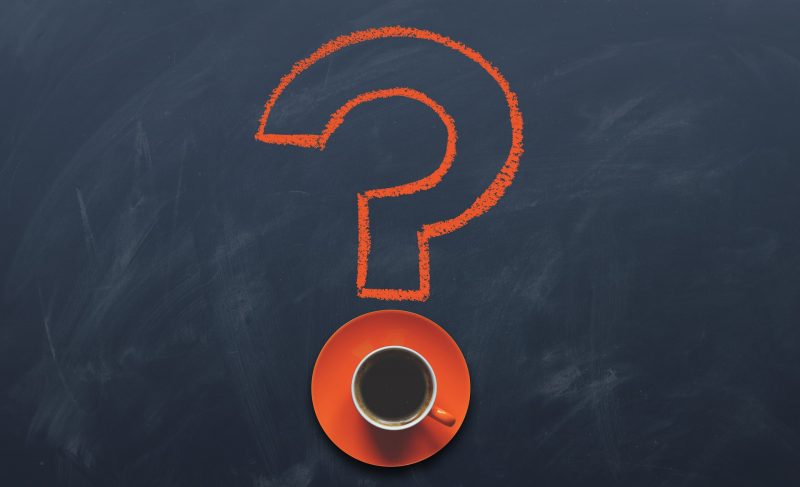
13 Reasons why
As somebody working with science communication, I sometimes give lectures and workshop about how and why to communicate your science. Over time I have realized that while all the reasons I and other professionals can think of are probably fair enough, each individual scientist should think about the following:
Why do I want to communicate science?
There are several sub-questions of course – what’s in it for me, for the target group, society and how does this make the world a better place. There is an endless number of answers to he question ”why”.
When I interview scientists about science communication I always ask this question. Why do you engage in communication? Why is this important to you? Why do you invest the extra time and effort it takes?
Some answers are alike (having fun seems to be a common factor), but in the end everybody has their own reason. One very interesting way of reasoning was that of Jessica Abbott, senior lecturer in evolutionary ecology at Lund University. She is one of the experts on the popular Swedish TV-show ”Fråga Lund”, answering all sorts of questions about biology. This was her major “why”:
“Given that I do basic research, that is not directly going to benefit humanity, I feel it’s a bit of an obligation for me to use my expertise for something that is going to benefit society somehow. So even if I am not curing cancer, well, then I am answering people’s questions.”
This was a bit of a surprise to me – a lot of times scientists do not want to move outside their own research area when communicating. But Jessica Abbott has found her own motivation and answer to the question ”why” and that is what keeps her going. And after watching “Fråga Lund” I can tell you that she is smart and witty, and that she is having fun.
So the next time you are about to engage in science communication – sit back, take some time and think about your own ”why”. There might be 13 (or more) reasons that you might be presented with when attending a scicomm-workshop, but in the end the one that is your own will be enough.
My interview with Jessica Abbott will be published shortly within the podcast series SCAS Talks (in English). Stay tuned and watch this space for an update!

0 comments